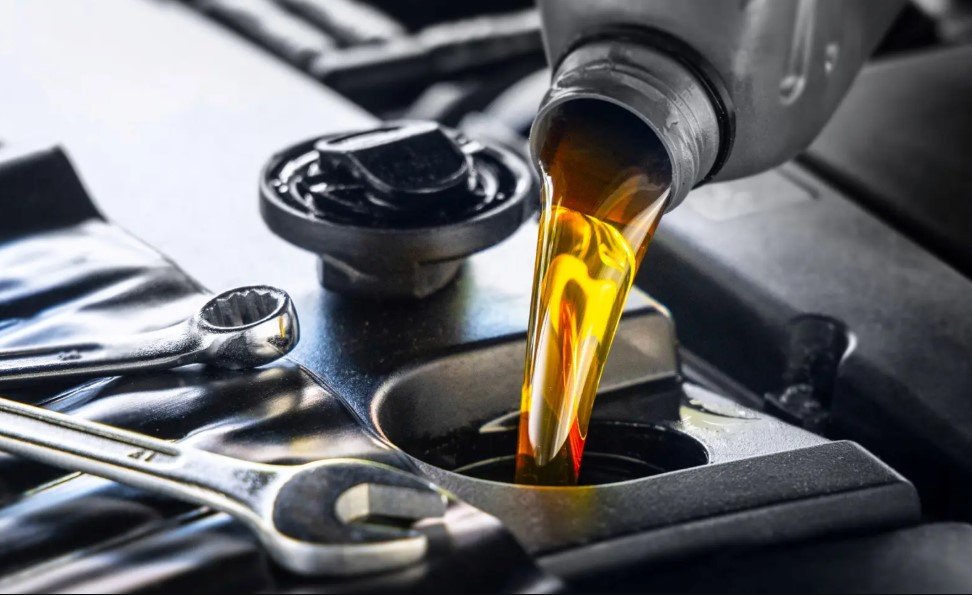In a fast-paced, consumerist world, making the right purchase decisions can set one on the path to success. The cold keeps everyone in bed, and with winters right around the corner, many are looking for options apart from woollen blankets and sweaters to keep them warm. While looking at room heaters or industrial heaters, here are a few things to consider before buying them. With heater rentals available, one can quickly weed through the several options in the market as well!
What is a Heater?
Heaters are of mainly two types – water and air heaters. In this context, one usually discusses air heaters that are for outdoor and indoor functions. The electric energy heats metallic components, which transfers heat to the atmosphere. The transfer effectively increases the temperature of one’s surroundings.
Type of Heater
While looking at room heaters, there are three primary types – convection, fan-forced, and radiant. Convection heaters heat big spaces and rooms, whereas radiant heaters are more efficient while heating small regions.
Fan-forced heaters have a fan blowing over a heated element, hastening the natural transfer of heat.
Heating Capability and Purpose
Every heater fulfils a distinct purpose. For example, radiant heaters are built perfectly for small-spot heating and work best as an under-desk heater in office or home settings. On the other hand, one also has outdoor heaters like electric patio heaters that withstand outdoor thermal management. This capacity means that the energy output is several times greater without air heating (no dry or humid air). These heaters are perfect for localised outdoor spot-warming and are one can see them at outdoor dining events in the winter!
Energy Efficiency
One of the most significant expenditures one deals with remains electricity bills. Heaters are electrical systems at the end of the day, and choosing the right one can help you save exponentially on bills.
Many electric heaters lack energy savings ratings, but those with them can be relatively more efficient. Additionally, purchasing heaters with energy-saving modes, adjustable thermostats, and programmable timers can keep electricity bills from breaking the bank.
Noise
Fans are known to be loud and noisy at times. Like all machines, heaters tend to be noisy, so don’t forget to test them to ensure they run quietly, causing minimal disturbance.
Especially in an office setting, where one may have to install multiple such heaters, the collective noise level could end up being distracting and annoying.
Safety
All machines come with the risk of malfunctioning. While dealing with heat and electricity, only one word comes to mind – fire.
Many heaters have safety triggers and features such as a cool-to-touch and shockproof body. Additionally, they have backup systems in case of failure, such as an automatic switch-off with overheat protection.
Other features such as the thermostat cut-off also reduce the risk of unprecedented accidents. Without these systems in place, one would have to worry about fires and exploding parts whenever they leave.
Rentals
Some require these heaters only for special outdoor events, while others need time before committing to such an investment. Regardless of which group one fits in, many companies offer heater rentals to ensure that people can access economically feasible heating solutions.
Whether it’s a new patio system, a temporary room heating solution, or an adventurous camping trip, these rentals can help one find an affordable heating solution for any event.
Additionally, industrial requirements can be seasonal and with heavy-weight heaters required, companies might see the benefit in skipping the maintenance cost and opting for a rental!





